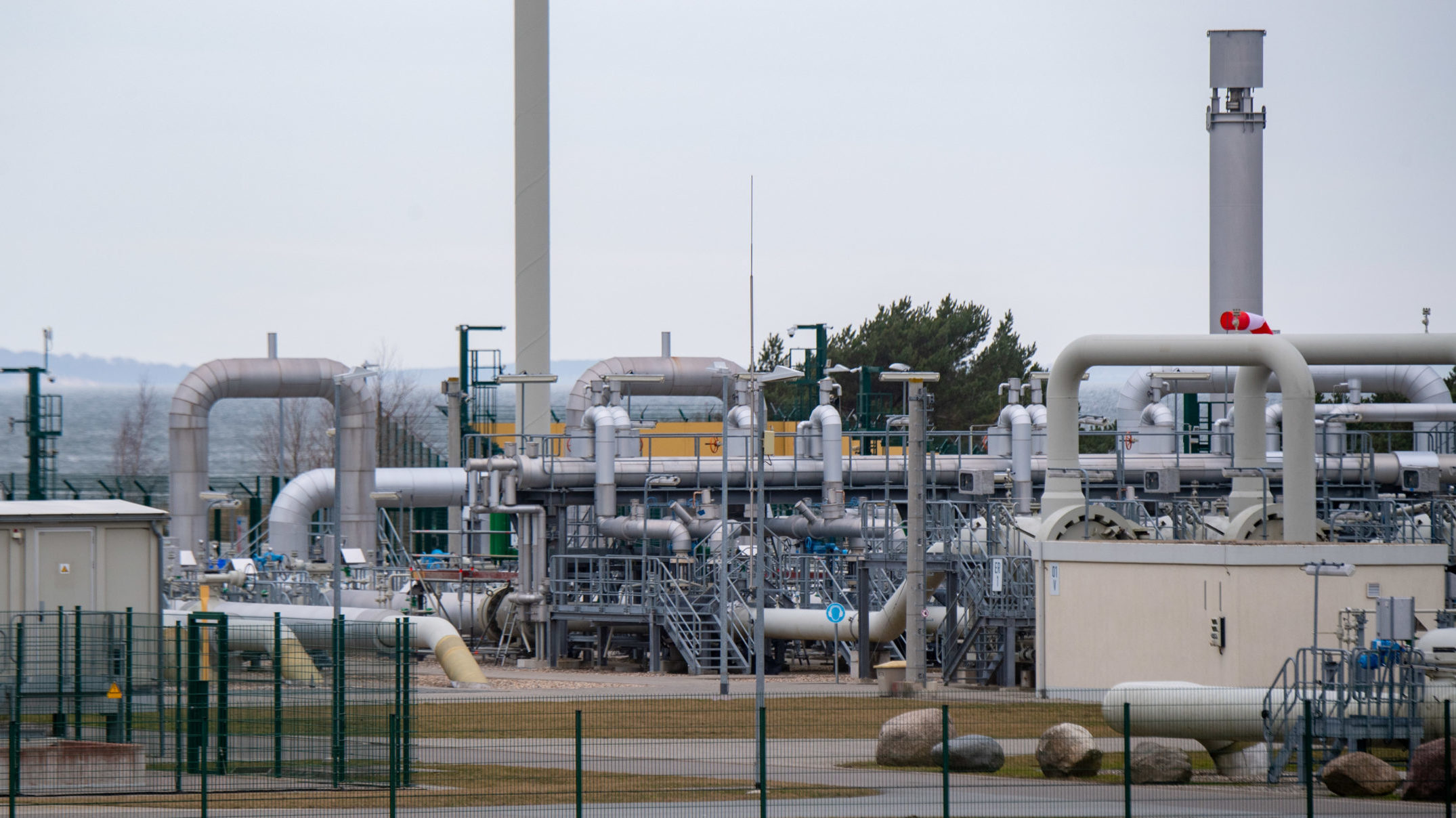The Russo-Ukrainian War’s Economic Consequences for the Middle East
Energy producers stand to benefit, weak economies to suffer, experts say
Russia’s invasion of Ukraine will result in the isolation of the world’s 11th largest economy, at least temporarily. According to the February 26th edition of The Economist, the immediate economic implications globally will include higher inflation, lower growth, and disruptions in financial markets.
Eytan Sheshinski, professor emeritus of public finance at the Hebrew University of Jerusalem, told The Media Line that the biggest impact effect on the Middle Eastern economy will be felt in the energy market and in countries that are most dependent on that market.
However, for some of these countries, the effect will be positive.
Russia is the largest provider of natural gas for Europe, supplying 35% of the fuel.
If that supply is reduced or cut off because of sanctions, Sheshinski said, “there will be demand for gas in Europe. Countries in the Middle East that have export potential could fill the gap and acquire the European market, or part of it, for themselves.
“The Nord Stream project [a system of natural gas pipelines running under the Baltic Sea, designed to transport gas from Russia to Germany] has been frozen and there will be a huge demand for gas from Germany, France, and other countries,” he said.
Israel, for example, Sheshinski explained, has a billion cubic meters of gas reserves, so it might be able to sell it to Europe. “Israel can export the gas through Egypt [where it can be turned into liquefied natural gas] and from there [shipped] to Europe. Other ways to export gas will have to wait for the longer run,” he added.
If gas supplies are disrupted in Europe, the price of energy-related products will also soar, which will have a great effect on the entire Middle East, he said.
Eldad Shavit, a senior research fellow at the Institute for National Security Studies at Tel Aviv University, agreed and added, “Qatar, Saudi Arabia, and those countries that produce oil will benefit from the rise in prices.”
Sheshinski said the disruption in the supply of some food staples such as grains from the countries directly involved in the war is going to affect the price of food in the Middle East, but that countries like Israel and Saudi Arabia, for instance, are not going to be affected in a very significant way.
Shavit explained that Ukraine and Russia are the primary suppliers of wheat and corn to most of the fragile economies in the region, such as Jordan, Egypt, Lebanon, and Iraq.
However, Navvar Saban a conflict analyst at the Omran Center for Strategic Studies in Istanbul and a nonresident researcher at the ORSAM Center for Middle Eastern Studies in Ankara, told The Media Line he thinks the effect on these countries won’t be dramatic either since they are already in a difficult position and a crisis like this is nothing new for them.
Sheshinski noted that there are additional areas where the war could affect the Middle Eastern economies.
Because of the sanctions, Russian banks will be constrained, and we’ll see less investment in projects in the region, he said, adding that if the banks cannot use the SWIFT international payment system, it will hurt Middle Eastern companies that have export agreements with Russia.
Likewise, Sheshinski continued, “for countries such as Israel that have high-tech companies with branches in Ukraine, many of the workers there have left or are on the run, and activity will be negatively affected for those foreign companies.”
And if Russian vessels are precluded from using the Suez Canal as part of the sanctions, the drop in revenue will hurt Egypt, he said.
Saban said Turkey will be affected more than any other country in the region because of the nature of its relationship with Russia.
Sheshinski agrees. “Turkey is in a difficult position because Russia hasn’t taken kindly to the way [President Recep Tayyip] Erdoğan is handling the country’s position on the conflict, and so Turkey may be affected to some extent regarding its imports of energy from Russia,” he said.
Saban added, “Turkey exports many of its products to Russia, which could also negatively affect Turkey’s economy when disrupted.”
However, even if it happens, in the long term Turkey will manage without the Russian market, he said.
“We all know that the ties between Turkey and the UAE are stronger than ever now. So, I think Turkey will cover the gap that may be created by the possible loss of exports to Russia with the opening market in the Gulf, and I think it is all part of a bigger plan,” Saban said.
All the experts concluded that the economic consequences of the war for the Middle East will not be drastic, at least in the long term.
“In my opinion, the effect will be limited. It all depends on the coming 24 hours; it depends on whether there will be an intervention by the NATO countries, and if Belarus will join Russia,” Saban said.


